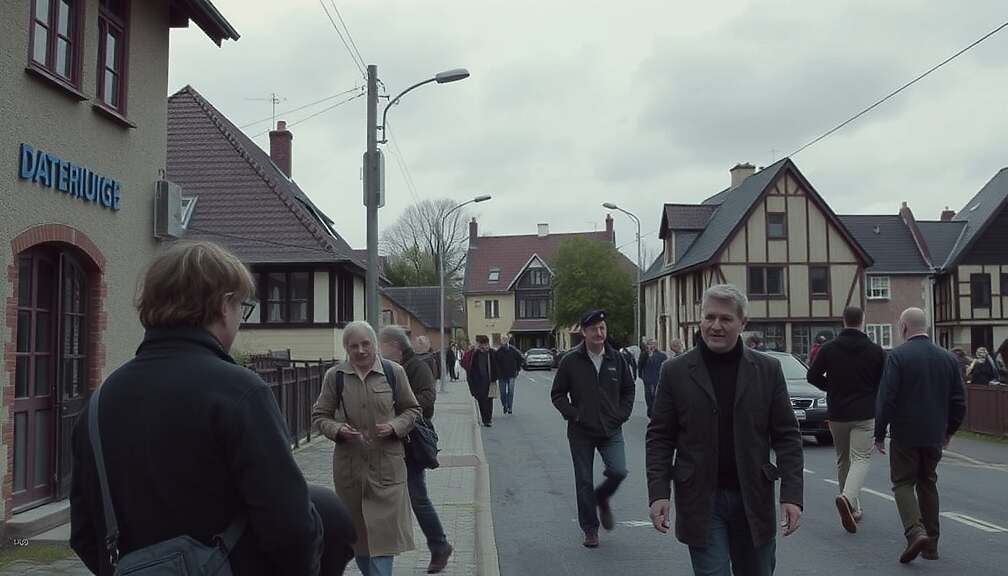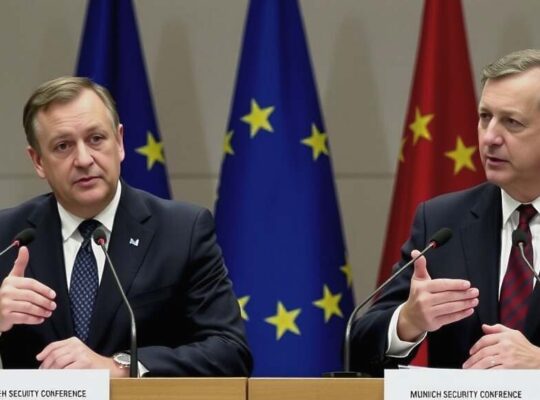A tentative agreement has emerged between the conservative Union and the Social Democrats (SPD) regarding financial support for Ukrainian refugees in Germany, potentially reshaping their access to social welfare programs. According to reporting from “Bild”, a compromise has been reached whereby Ukrainian citizens arriving in Germany after April 1, 2025, will be classified and treated as asylum seekers, triggering a significant shift in their eligibility for citizen’s allowance (Bürgergeld).
The deal, reportedly brokered between Interior Minister Alexander Dobrindt (CSU) and Social Affairs Minister Bärbel Bas (SPD), aims to fulfill a provision stipulated in the governing coalition’s contract. Central to the rationale behind the change is a desire to incentivize greater labor market integration for Ukrainian newcomers, with proponents arguing that the change will create a stronger impetus for employment.
However, the agreement skirts a potentially volatile and politically charged issue. Initial proposals, which would have retroactively removed Ukrainian refugees from Bürgergeld, have been abandoned. Sources within the coalition, speaking anonymously to “Bild”, cited insurmountable practical and political obstacles as the reason for this decision, characterizing the bureaucratic complexities and likely resistance from local municipalities and state governments as rendering a retroactive application unviable and “not worth the effort.
The compromise, while presented as a solution, raises questions about the fairness and consistency of Germany’s refugee policy. Critics argue the delayed implementation reflects a reactive approach, prioritizing political expediency over a proactive, equitable framework. While the delayed impact may mitigate immediate backlash, the change nonetheless exposes underlying tensions within the governing coalition about the long-term integration of Ukrainian refugees and the balancing act between humanitarian obligations and fiscal responsibility. The agreement’s success ultimately hinges on whether it truly fosters genuine employment opportunities for Ukrainian refugees or merely serves as a symbolic gesture to appease concerns over social welfare costs.












